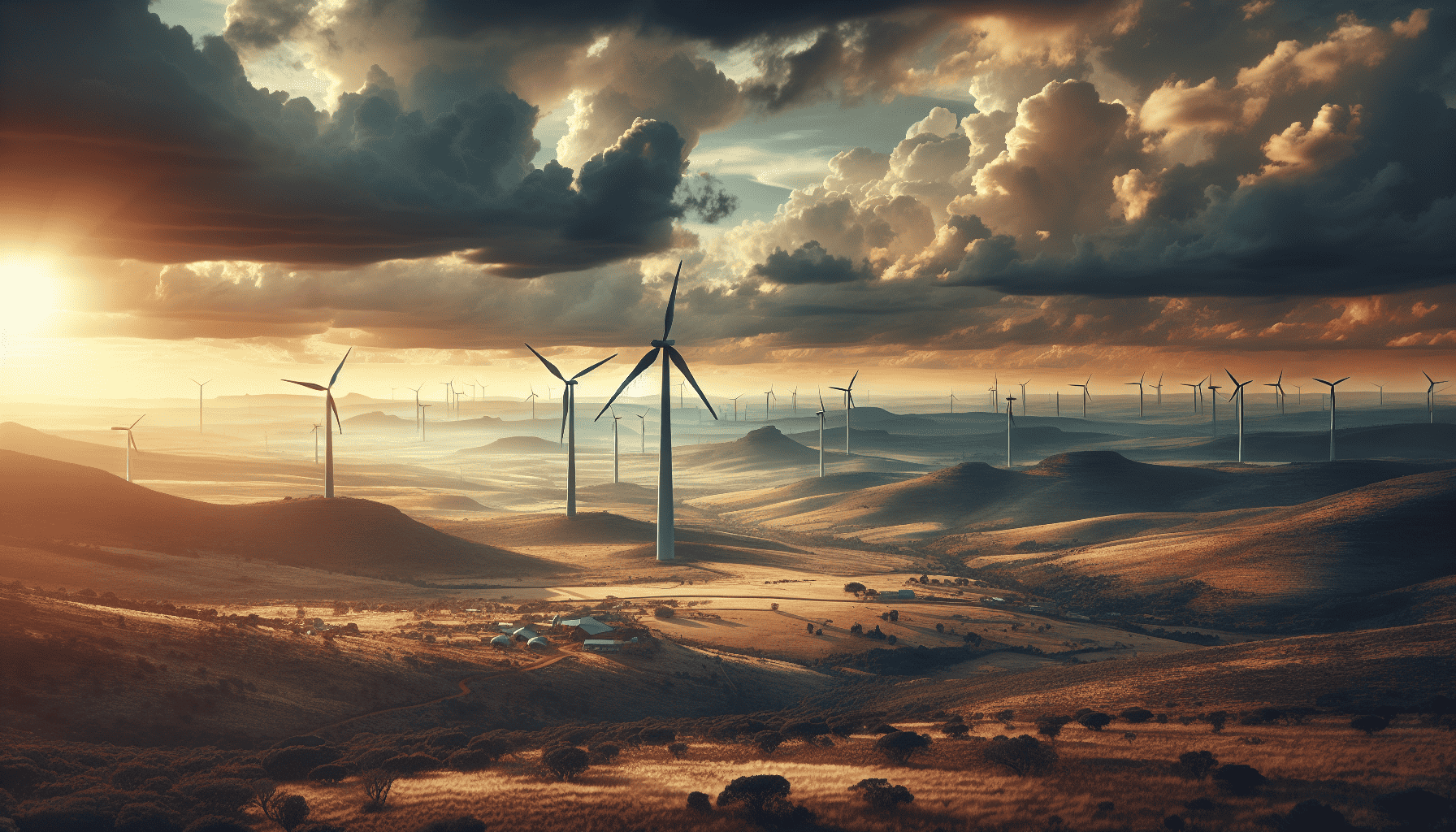South Africa is increasingly recognized for its significant potential in harnessing wind energy, a vital component in the nation's pursuit of a sustainable and diversified energy portfolio. The country's vast landscapes and coastal areas offer excellent conditions for wind energy generation, presenting both exciting opportunities and notable challenges.
Opportunities in Wind Energy
Geographic Advantages
South Africa's geographic location along the southern tip of Africa provides unique advantages for wind energy development. The country boasts an extensive coastline of approximately 2,800 kilometers, where strong and consistent winds are prevalent. Regions such as the Western Cape and Eastern Cape are particularly promising due to their high wind speeds and availability of land.
Government Initiatives
The South African government has demonstrated a strong commitment to renewable energy through policies and initiatives aimed at increasing the share of renewables in the nation's energy mix. The Renewable Energy Independent Power Producer Procurement Programme (REIPPPP) has been successful in attracting investment and fostering the growth of the wind energy sector. These initiatives not only support environmental goals but also stimulate economic growth and job creation.
Technological Advancements
Ongoing advancements in wind energy technology continue to enhance the efficiency and viability of wind farms. Innovations in turbine design, predictive maintenance, and grid integration are making it easier and more cost-effective to capture and utilize wind energy. As technology evolves, the opportunities for scaling up wind energy production in South Africa become increasingly feasible.
Challenges Facing the Sector
Infrastructure and Grid Integration
One of the primary challenges in expanding wind energy in South Africa is the existing infrastructure and grid capacity. The integration of intermittent renewable sources like wind into the national grid requires significant upgrades and investments in grid infrastructure. Ensuring stable and reliable electricity supply while integrating a higher percentage of renewables necessitates strategic planning and investment.
Financial and Economic Barriers
While wind energy is becoming more cost-competitive, initial capital costs and financing remain barriers, especially for smaller, emerging developers. Access to affordable financing, clear regulatory frameworks, and risk mitigation strategies are crucial to overcoming these financial hurdles.
Environmental and Social Concerns
Wind farms, while environmentally friendly, can pose challenges related to land use, biodiversity, and community impact. Ensuring that wind energy projects are developed responsibly requires collaboration with local communities, comprehensive environmental assessments, and strategies to mitigate any negative impacts.
Policy and Regulatory Challenges
While government initiatives are supportive, the regulatory environment must continue to evolve to accommodate and facilitate the growth of wind energy. Simplifying permitting processes, ensuring competitive bidding, and maintaining transparent and fair regulatory practices are essential to the sector's long-term success.
Conclusion
South Africa's potential in wind energy is vast and promising, offering numerous opportunities for sustainable development and economic growth. Despite the challenges, the ongoing commitment from both the public and private sectors positions the country to be a leader in renewable energy on the African continent. With continued investment, innovation, and collaboration, South Africa can harness its wind resources to achieve a cleaner and more resilient energy future.
